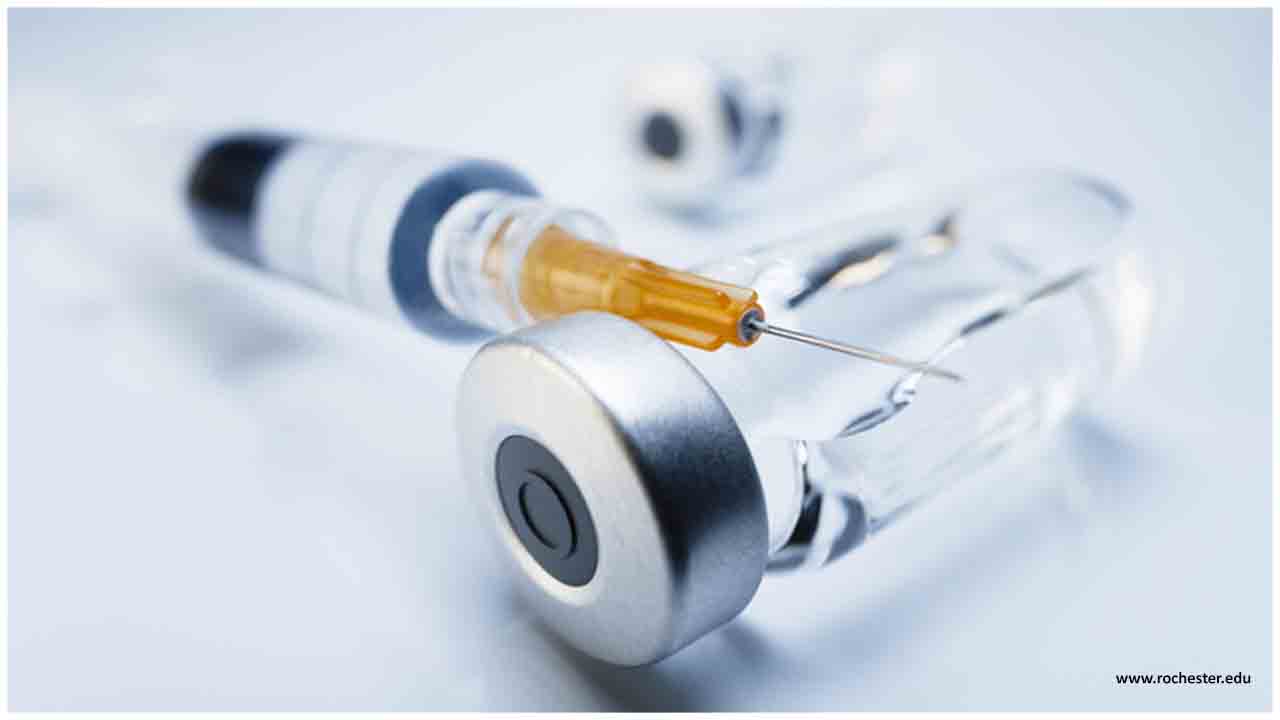Australia's pioneer called Wednesday for coronavirus immunizations to be obligatory, swimming into moral and wellbeing discusses seething far and wide as the race to build up an antibody assembles pace.
Just about 30 potential antibodies are as of now being tried on people over the globe in anticipation of the completion of a pandemic that has now slaughtered more than 775,000 individuals and contaminated almost 22 million, as per an AFP count.
Head administrator Scott Morrison said he needs each of the 25 million Australians to get the poke after the nation tied down access to an immunization right now a work in progress by AstraZeneca and Oxford University.
"There are consistently exclusions for any antibody on clinical grounds, however that ought to be the main premise," he said.
Countries are scrambling to build up a vaccination or access one of a bunch of competitors in the last phases of clinical preliminaries.
Raising the stakes, Russia on August 11 said it had built up the world's first immunization offering "reasonable resistance", and was in the last phase of human testing.
Yet, the declaration was met with wariness by the World Health Organization, which said it despite everything required a thorough audit, and researchers state it has been endorsed without huge scope preliminaries.
Among the contenders, Brazilian wellbeing controllers on Tuesday gave the green light to the last phase of preliminaries on immunization by Johnson and Johnson.
The US pharmaceutical firm will test its medication on 7,000 volunteers in Brazil, specialists stated some portion of a gathering of up to 60,000 around the world.
South Africa, in the meantime, will dispatch clinical preliminaries of a US-created immunization with 2,900 volunteers this week, the second such investigation in the African nation most exceedingly terrible hit by the sickness.
In any case, the push for immunization has harmonized with an ascent in against antibody slant that could thwart endeavors to empower across the board take-up.
"Quickest way"
The worldwide flare-up has seen a sharp ascent in online falsehood, hypothesis, and resistance - something specialists have named an "infodemic" - with banter seething about whether antibody rules encroach on individual flexibilities.
The WHO has said the planet's most elevated hazard populaces should all be immunized at the same time or, in all likelihood, it will be difficult to modify the worldwide economy.
It has spoken to nations to join its worldwide shared immunization program as opposed to going only it in building up a fix.
Chief general Tedros Adhanom Ghebreyesus said the most uncovered 20 percent of every nation's populace - including cutting edge wellbeing laborers, grown-ups more than 65, and those with previous conditions - would be inoculated first in the WHO-drove plot.
"The quickest method to end this pandemic and to resume economies is to begin by securing the most elevated hazard populaces all over, as opposed to the whole populaces of simply a few nations," he said.
New spikes
His admonition comes as the infection will not pass on across huge pieces of the globe, with South Korea and Lebanon the most recent nations to observe new spikes.
Seoul requested clubs, historical centers, and smorgasbord cafés to close, and prohibited enormous social affairs in and around the capital, after an explosion of diseases for the most part connected to Protestant houses of worship.
The nation on Wednesday detailed 297 new cases, its 6th continuous day of triple-digit increments following half a month with numbers for the most part during the 30s and 40s.
In Lebanon, specialists reported another lockdown and overnight time limitation to get control over a spike following an epic synthetic blast on August 4 that has hampered infection anticipation endeavors.
Without immunization, a few people the world over have been turning to novel and whacky techniques to avoid the infection.
Namibia's wellbeing priest on Tuesday had to caution against the utilization of elephant excrement, customarily steamed and breathed in as a solution for this season's flu virus, to avert COVID-19.
The inadequately populated southern African nation has seen diseases twofold over the previous month and numerous Namibians have gone to regular cures.
Fertilizer is broadly accepted to treat body afflictions, for example, nosebleeds, cerebral pains, and toothaches.

 Right around 30 potential immunizations are at present being tried on people over the globe in anticipation of closure a pandemic.
Right around 30 potential immunizations are at present being tried on people over the globe in anticipation of closure a pandemic.









.jpeg)



.jpg)




.jpg)





.jpeg)

.jpg)


